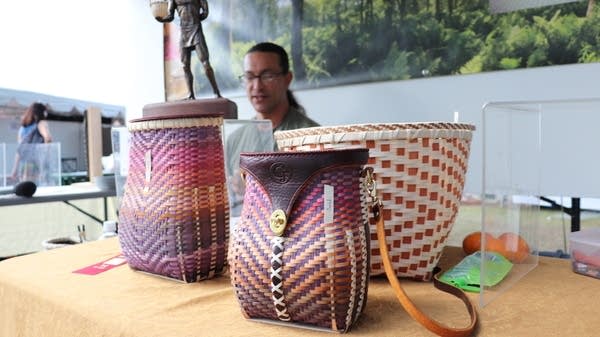Inequities in venture capital hinder founders of color well beyond seed funding
They don’t just have a harder time getting initial funding. They also get less of it.

Venture capital firms are starting to respond to the protests that have gripped the U.S. for more than a week. And they’re responding with money. SoftBank is promising to invest at least $100 million in companies led by people of color — though that’s a drop in the bucket compared to its $100 billion Vision Fund.
But here’s the thing about raising capital: A little doesn’t go a long way.
“When we look at entrepreneurs who have received funding who are Black and Latinx, there is so much celebration around that first round,” said Lauren Maillian, the interim CEO of digitalundivided, a nonprofit that supports women of color entrepreneurs. “The need for ongoing support is lost.”
Founders of color don’t just have a harder time getting initial funding. They get less of it. While the average seed funding for all startups is $1.1 million, the average Black female founder, according to digitalundivided, raises $42,000 in total. “They are almost immediately going back in that environment again to seek additional funds,” Maillian said.
That’s what happened to Jasmine Edwards. In 2018, she founded i-Subz, a digital marketplace that connected substitute teachers and schools. She raised $43,000 — much less than that $1 million average.
“Not only do the people that raise that significant amount get to hire the team that they need, they also have enough runway to make the mistakes and to play,” she said.
She had to shut down i-Subz in part because she spent so much time trying to raise money that it took away from actually building the company.
Founders of color are met with a “chicken and egg” problem, said Jeffrey Robinson, an economic development professor at Rutgers Business School. Because to raise more money after initial funding, your company has to show growth. “How’s that company doing? Is it meeting its goals?” he said.
Also, founders of color who have fewer venture firms to choose from may have a harder time building their web of contacts. That’s important for finding board members and building a team — and for raising even more money.













